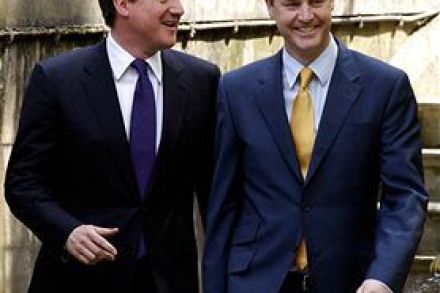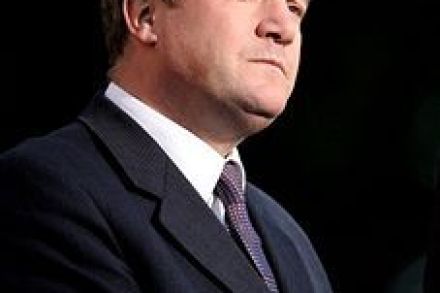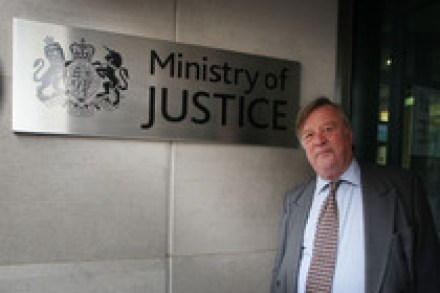What were the CPS and the courts thinking?
A mother jailed for retracting allegations of rape by her husband, (allegations she now says were truthful) has been freed. A few days ago, appeal judges overturned the eight-month sentence of which she had served seventeen days, ordering her immediate release. A triumph for common sense and compassion, but why was she jailed in the first place? Yes, the CPS thought she’d lied under oath and invented a rape claim – and that’s serious – but, as it turns out, her husband intimidated her into retracting the claim. In any event, an eight-month sentence is excessive. It is precisely the sort of sentence that the government should be reviewing in


















